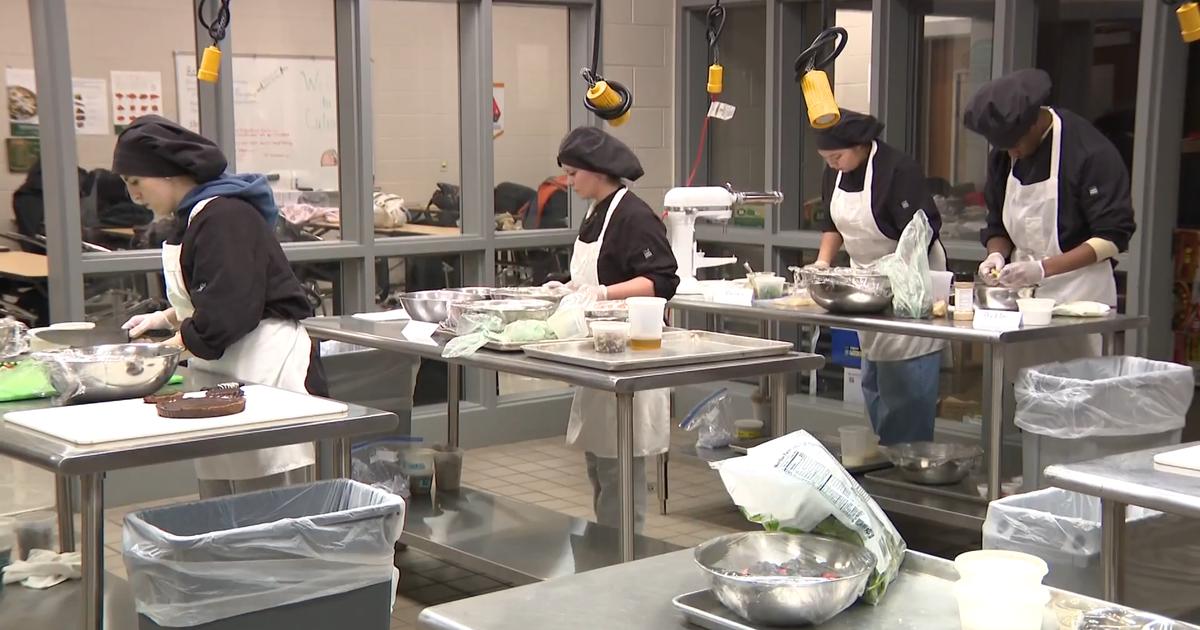Inflation hitting consumers' day-to-day expenses, from groceries to utilities and rent
NEW YORK -- Wall Street is continuing to find its footing Wednesday after stocks tumbled to their worst day in two years following the latest inflation report.
The Dow lost more than 1,200 points Tuesday when the report on consumer prices was released.
CBS2's Elijah Westbrook spoke with consumers and experts to see how they're dealing with the squeeze on their finances.
"I'm applying to grad school, so I have to make sure I can apply to a certain amount that will fit my budget," college student Elijah Jones told Westbrook.
Anxiety looms for Jones, who is not only waiting to hear back from colleges, but how he's going to pay for it. With an unsteady economy and rising inflation, it means cutting back when necessary.
"That means taking away from certain things I want to do, as opposed to the things I have to do," he said.
Greg McBride, Bankrate's chief financial analyst, called Jones a smart man, as saving is key during this uncertain time. But as he pointed out, it's not that simple.
"There are no easy answers on the inflation side of things, because we're not talking about areas that are hitting discretionary spending primarily. No, the biggest pressure on inflation has been in areas that are necessities," McBride explained.
He was talking about day-to-day expenses, such as groceries, utilities, car repairs and rent, which are all seeing a spike. The bottom line is Americans are spending nearly $460 more a month to buy the same goods and services as last year.
"It falls hardest on lower- and middle-income households, which is most households. It really puts the bench on spending power, even in an otherwise robust labor market where we see very low unemployment and we're seeing the best wage growth in 20 years. It's not enough to keep pace," said McBride.
While President Joe Biden celebrated the new Inflation Reduction Act earlier this week, many of the laws do not kick in until next year and beyond.
Experts say a mix of factors contributed to how we got here, including the war in Ukraine, increases in household demand and supply chain shortages due to the pandemic.








